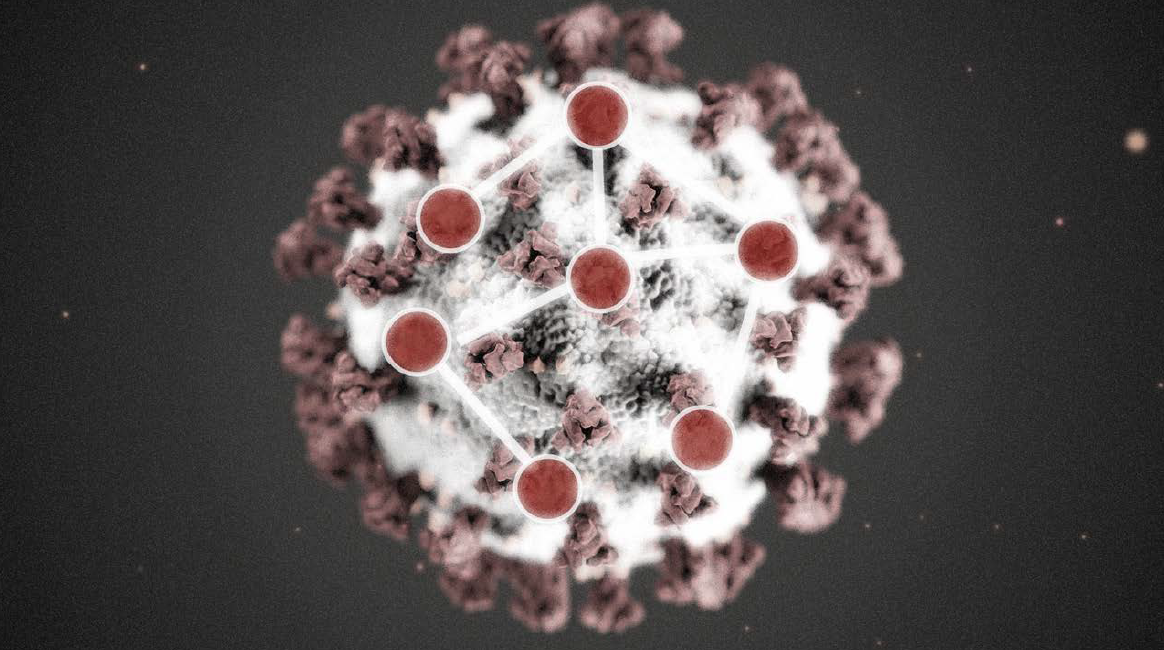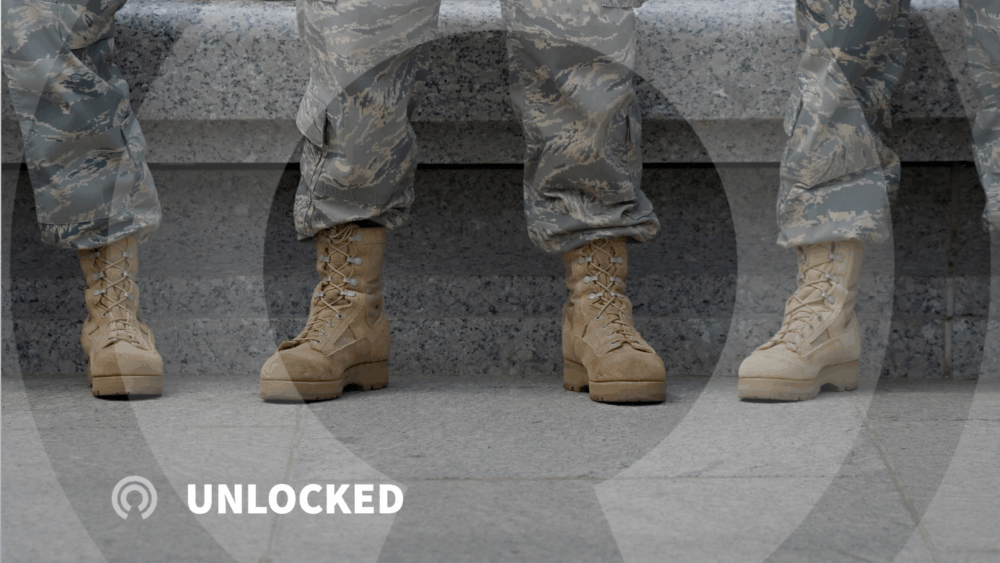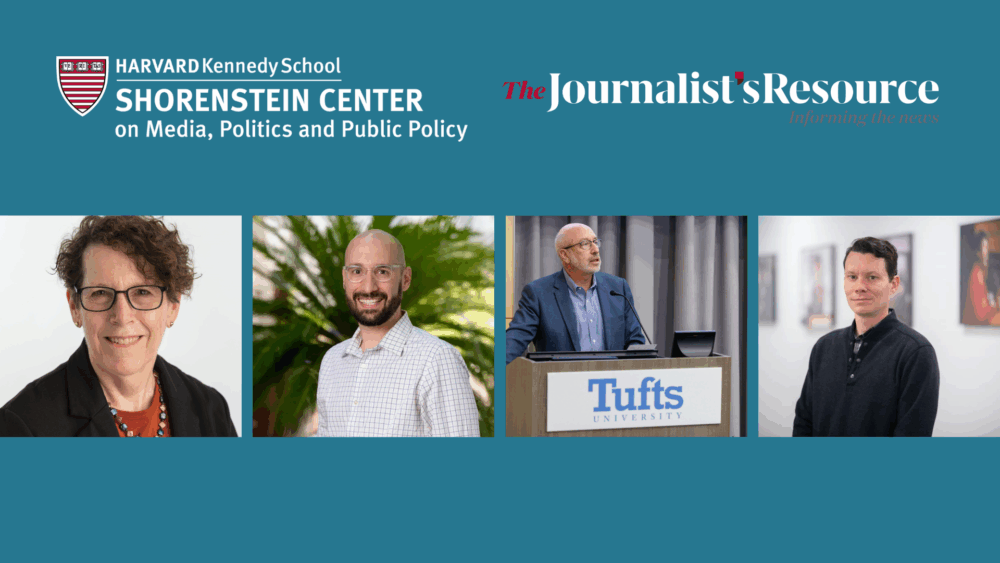
Commentary
Rethinking Public Media, Together
Reports & Papers

A version of this article written by Laura Castañón first appeared in News@Northeastern.
A majority of people in the U.S. want to continue physical distancing measures, even as the federal government and some state governors are pushing to re-open the economy, according to a new national survey led by researchers from Harvard Kennedy School, Northeastern University, and Rutgers University.
The survey, published Thursday, also reveals
that more people trust scientists and scientific institutions to handle the
COVID-19 pandemic than trust federal authorities or news media; and, as state
governors take the lead on managing the crisis, they have become more popular
among their constituents than President Donald J. Trump, who has handed much of
the individual management over to the states.
The researchers surveyed almost 23,000
individuals across all 50 states and the District of Columbia between April 17
and April 26. The answers they received revealed that the attitudes of
Americans, divided on so many political and social issues facing the country,
have united during this unprecedented crisis.
“This study is an attempt to help the
public, health experts, and policymakers better understand how people across
the country are thinking about, living with, and responding to the COVID-19
pandemic,” said co-author Matthew Baum,
Marvin Kalb Professor of Global Communications at Harvard Kennedy School and
Faculty Affiliate at the school’s Shorenstein Center on Media, Politics and
Public Policy. “Our hope is that doing so will contribute to more effective
communication with the public and ultimately more effective public policy
decision making.”
Some of the noteworthy findings of the survey report include:
Despite the financial hardships facing people
across the country, 93 percent of Americans do not think the economy should
reopen immediately—even in states that are currently moving in that direction.
“People are highly supportive of the social
distancing measures—they’re not ready to reopen the economy yet,” said David Lazer, University Distinguished
Professor of political science and computer and information sciences at
Northeastern University. “And this is pretty much a bipartisan consensus.”

There are variations based on partisan
divisions, as well as by state and by age. “This survey further illustrates the
sizable generation gap at play in America today,” says Harvard Institute of
Politics polling director John Della Volpe, a co-author on the study. “Already
stressed and struggling with significant debt, younger Americans (18-44) are
far more likely to have lost a job, or have had their pay reduced as a result
of the virus. Three quarters are concerned about financial hardship — compared
with a still high 65% of 45-64 year olds, and 45% of seniors.”
The survey revealed partisan divisions in regards to how long states should wait before trying to resume business as usual, but in general “Democrats and Republicans agree more than they disagree on many aspects of the nation’s response to the COVID-19 pandemic,” says Matthew Baum. “An important example is the question of reopening the economy. Democrats and Republicans agree that, rather than doing so immediately, as many governors are currently attempting, the nation should wait at least a month before reopening.”

Republicans do tend to support reopening the economy somewhat sooner than Democrats: 11 percent of Republicans wanted to open the economy immediately, 18 percent said in the next two weeks, and 22 percent said after two to four weeks. Only 4 percent of Democracts are in favor of reopening the economy immediately, 5 percent in the next two weeks, and 13 percent said two to four weeks. However, nearly 50 percent of Republicans and 64 percent of Democrats favor waiting more than four weeks to reopen the economy.
Media choices are one factor influencing that
response. But it is not the only factor: The virus has not hit every part of
the country with the same timing or severity. The survey shows that people
living in harder hit areas, like New York, worry most about themselves or a
family member contracting the virus.
Where people get their information and who
they trust to provide it may also have an effect, though, in this area again, those
surveyed are fairly united.
“Trust in scientists and experts is extremely high, much
higher than in governments at any level, despite the pitched partisan battles
over science in recent years,” says Matthew Baum.
“In a time when expertise seemed
undervalued, Americans in our survey report extremely high levels of trust in
experts,” explains Rutgers University’s Katherine Ognyanova. “Republicans and
Democrats in the data differ in how much they trust political and media
institutions. It is encouraging, therefore, that trust in medical
professionals, scientists, and the CDC is high across party lines.”

96
percent of respondents reported “some” or “a lot” of trust in hospitals and
doctors to do the right thing to best handle the COVID-19 outbreak. 93 percent
said the same about scientists and researchers, and 88 percent about the
Centers for Disease Control and Prevention. Political actors were ranked lower,
although those surveyed had significantly more trust in their state government,
with 81 percent responding “some” or “a lot” of trust in state government, compared
to 59 percent who responded similarly about the White House or, or 57 percent
who have “some” or “a lot” of trust in Congress. Trust in President Trump to
handle the outbreak was split almost perfectly down the middle, with 51 percent
of respondents saying they had “some” or a “a lot” of trust in the president,
and 49 percent answering “none” or “not too much”.
The researchers intend to repeat the survey every other week, to capture changes in public opinion around the COVID-19 pandemic and response as they happen.
Read the full report at CovidStates.org or download a PDF version here.
For media
inquiries please contact Liz Schwartz, Communications Director at the
Shorenstein Center at Harvard Kennedy School, at liz_schwartz@hks.harvard.edu or 617-495-2233.

Commentary

Explainers, Podcasts, Videos

Videos